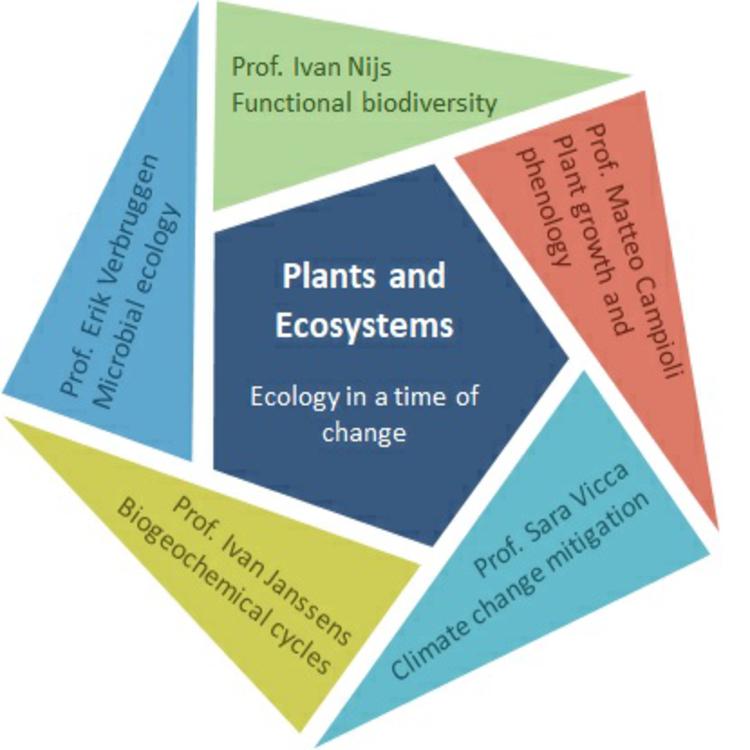Feasibility Study of Carbon dioxide Sequestration through negative emission technologies in our terrestrial ecosystems
This study has been leaded by the University of Antwerp in order to find climate solutions in the context of agriculture and food security.


Overview of the project
To test how fertilizer, biochar and basalt application affects plant growth and nutrient uptake.
To investigate and evaluate the effects of NETs on maximum yield.
Identify and test pro-poor adaptation and mitigation practices, technologies and policies for food systems, adaptive capacity and rural livelihoods.
To measure and evaluate N2O gas emissions.
Potential and side effects of combined negative emissions technologies in our ecosystems.
Climate solutions in the context of agriculture and food security
Feasibility study, diagnosis
27/04/2018 - 11/15/2019
By the University of Antwerp
organisation
The organisation activity is the study of the effects of global changes on plants and vegetation and more specifically their responses to the (sometimes manipulated) abiotic environment over a continuum of different spatial scales (ranging from the individual leaf to the continent). As much as possible, original experimental research is strengthened by coupling to existing or newly developed simulation models or to statistical meta-analysis of the related literature. Plants and Ecosystems (PLECO) research currently spans the entire gradients of climate and management intensity, including projects in tundra, deserts, temperate grasslands, temperate and tropical forests, but also in intensively managed agricultural crops and SRC plantations.


